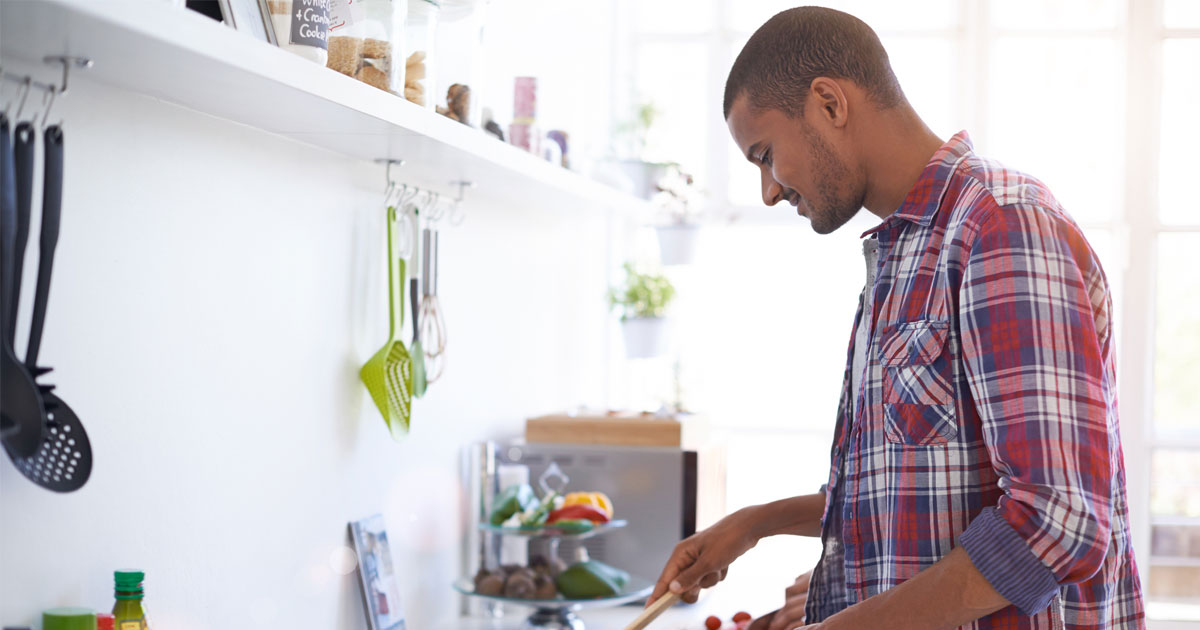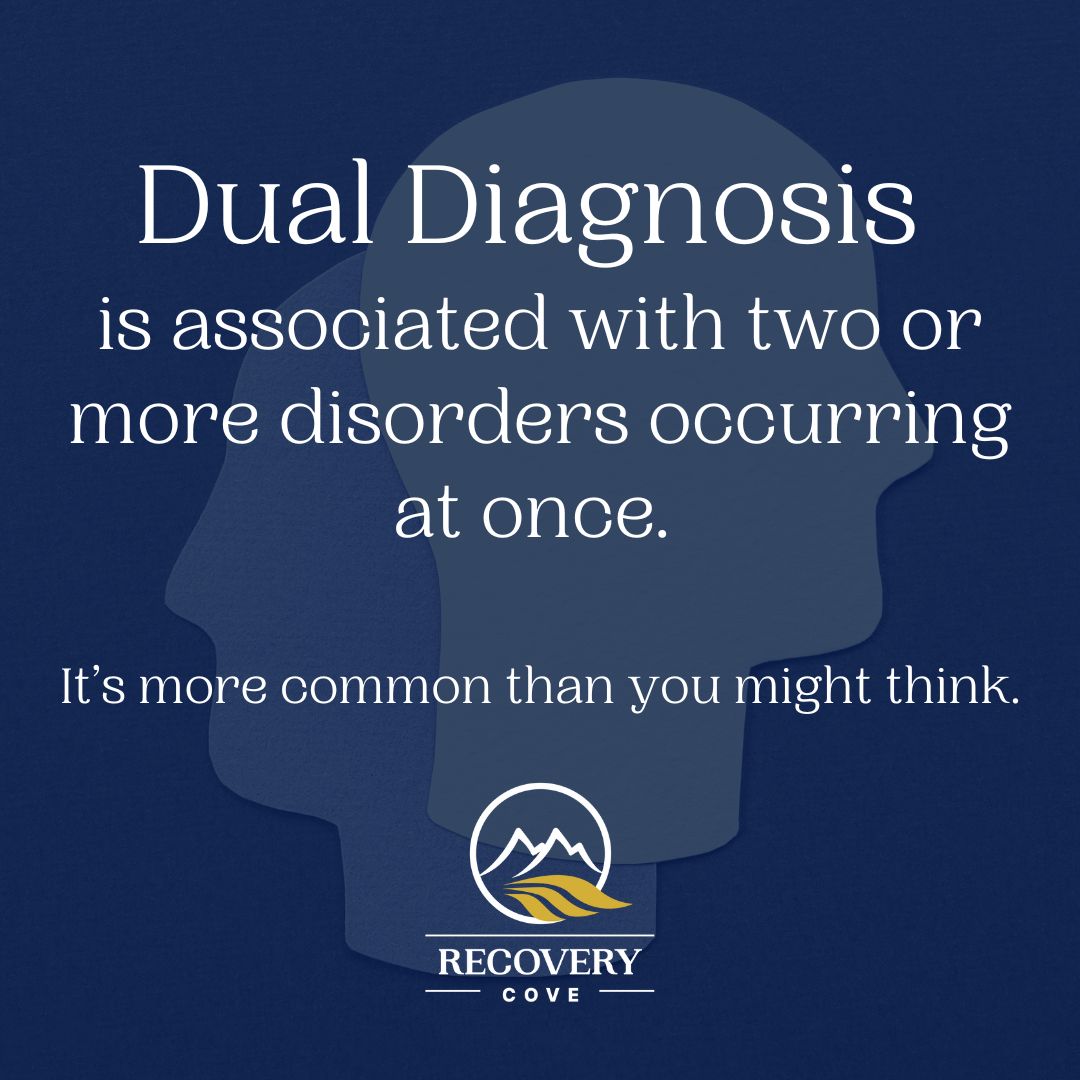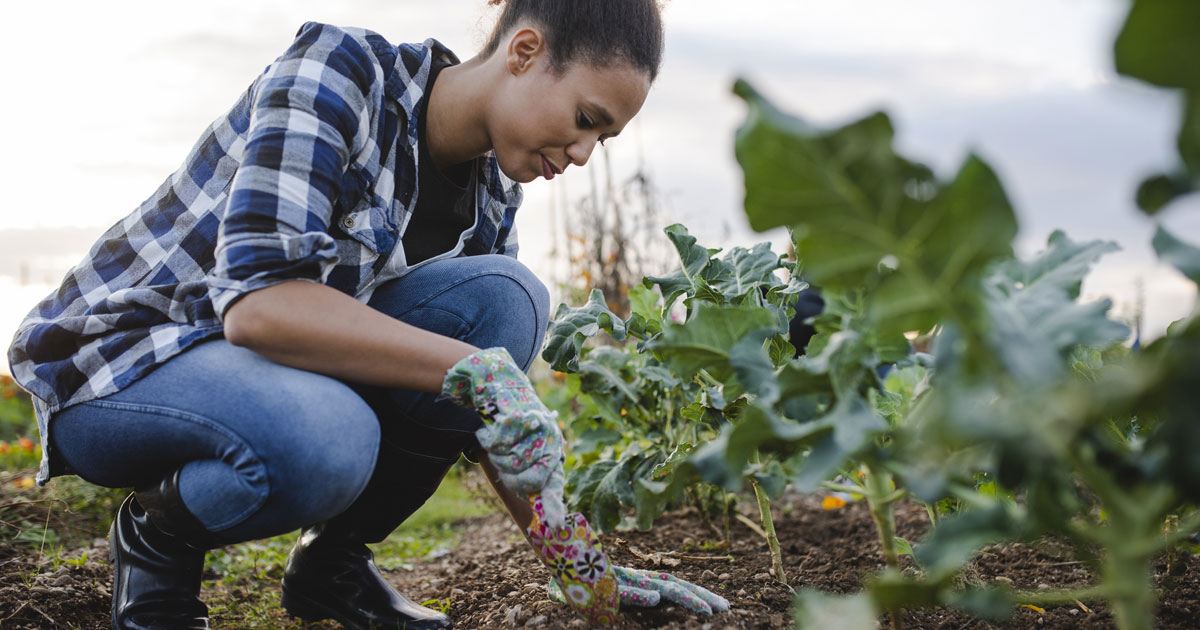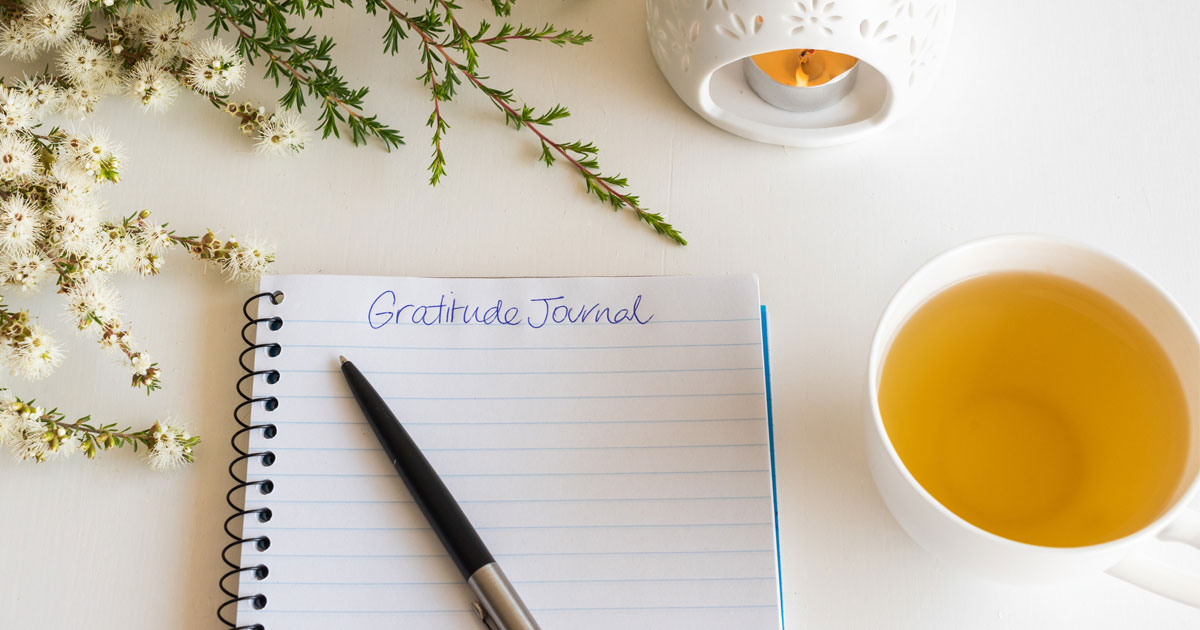Harmful relationships, alcohol, prescription medication, or illicit drugs can impact your life in many ways, and lead you to create habits that can continue to follow you even after you’ve completed treatment. Recovery is a lifestyle, a new life. Relapse may be part of it. But there’s ways to prevent relapse during recovery. Whether it’s recognizing old behavior patterns, avoiding harmful people and situations, or learning to spend energy elsewhere, you can avoid relapse.
Identify Triggers and Bad Habits
One of the most important aspects of preventing relapse is understanding how you react to the triggers and stressors in your life. If you can predict your behaviors and recognize your struggles before they get worse, you can teach yourself to avoid the situations that stress you out and make it more likely you’ll experience relapse.
Your triggers can be anything since they’re personal, and depend on your past experiences, coping methods, and how you react to your environment. It’s worth mentioning that while “trigger” is often used in the context of trauma, not all relapse-triggering events are trauma related. For many people, relapse triggers are simply specific, stressful situations.
The key is to identify what your personal triggers are and what causes those things to up your risk of relapse. The solution may be as simple as avoiding places or people who upset you, or as complicated as developing new life skills to better handle your problems.
Develop Healthy Habits and Life Skills

Once you know what not to do, it's crucial to replace those things with steps to make your life better. In other words, it’s not as simple as just avoiding your stressors and old behaviors—you also need to develop healthier ones in the meantime. The good news is that many of these things are easy to do and incredibly rewarding. Positive habits and life skills will not only help you cut down on stress and prevent relapse, but enable you to feel better about yourself and your life as well.
Many healthy activities are actually therapeutic and prime for practicing mindfulness techniques. They will allow you to focus on the task at hand and feel better about the world around you. You don’t even need experience or equipment for most of these suggestions, and over time, they’ll become easier and more fun as well. If you participate long enough, you’ll have habits that address many of your existing issues without the need for harmful substances. Potential healthy habits and life skills include:
Exercising
Exercise has been proven to boost personal self-esteem while providing an outlet for stress. Whether you work out in a gym, practice yoga, or go on a nature walk, moving your body can help you naturally boost feel-good hormones and chemical messengers. Exercise can help with your body image, as well.
Art
Art, in and of itself, is an entire subset of therapy with research-proven benefits. Drawing, painting, sculpting, or knitting, any form of art can be a good way to express emotions in a safe environment while also developing a creative skill. Consider formal or group art therapy to connect with others in recovery.
Writing or Journaling
Like visual art, writing about your feelings can help you cope with stress and revisit issues in a safe way. Whether you’re writing fiction, unsent letters, or even poetry, writing can be cathartic. Journaling and other forms of writing even come with their own documented therapeutic benefits
Cooking
Cooking is another activity with clear therapeutic benefits. It can be beneficial because it offers a form of control and precision you may not otherwise have in your life. It’s also a science, so if done correctly, you know exactly how your food should turn out. Cooking also comes with its own reward system—when you’re done cooking, you can eat!
Other healthy habits include eating a healthy diet, getting quality sleep, reducing the time spent online (especially on social media), and learning to manage your money.
Manage Your Anxiety
Anxiety can be extremely debilitating when it strikes, halting you in your tracks and convincing you of a danger that may not actually exist. It’s also something that’s heavily linked to substance abuse disorders, as drugs offer a coping mechanism that may be more readily available than learning to overcome your anxious thoughts. The truth is, though, that learning to manage anxiety to avoid relapse is possible with practice.
For many, this can be done by practicing mindfulness or meditation techniques with an emphasis on self-acceptance and self-love. Others prefer to engage in thought experiments to reframe their anxious thoughts. Still others blend the techniques, or reach out to a professional counselor for help. It won’t be easy, but you can power through your anxiety and be healthier for it as a result.
Be Honest With Yourself and Others
When it comes to your personal struggles, it can be tempting to repress or downplay the reality of what you’re going through in order to appear stronger. You may even feel the need to avoid the stigma that arises when you’re dealing with mental health or substance use disorder. However, the more you hide your feelings and pretend you are okay, the worse you’ll ultimately feel—and the longer the problem will continue.
There’s a reason the first step to solving a problem is addressing the fact that you have a problem. Dual diagnosis is associated with two or more disorders occurring at once. It’s more common than you might think.

Build A Support System
Above all, the number one tip to staying in recovery is to build a strong personal support system you can turn to when you need help. Your support system should be composed of people who are there to listen, refrain from judgment, and help you when you slip or struggle to stay on the path to recovery. Remaining in recovery isn’t always easy, and there’s only so much you can do to turn your life around if you’re going it alone.
Your support system can be made up of anyone you choose, though different people will end up serving different roles by necessity. Trustworthy friends and family members can keep you from feeling isolated and alone in your struggles, and they can give you a safe space to vent. You’ll know that you have people who care about you in your daily life, and that care will give you the strength you need to keep fighting even when things get tough.
Meanwhile, a therapist or a counseling group can help by providing knowledgeable advice, shared experiences, research-backed therapies, and confidentiality. There’s a reason rehabilitation clinics don’t stop at the detox and withdrawal process, and instead have programs dedicated to post-treatment resources. Therapists are trained to help you with your unique struggle and can help you develop the other skills needed to stay away from drugs, alcohol, and toxic relationships. Meanwhile, support groups exist to build relationships, give you an outlet, and encourage empathy between yourself and others.
Preventing Relapse and Staying Sober Through Recovery

There’s no such thing as permanently “curing” a substance abuse disorder—risk of relapse is very real and will remain a constant in your everyday life, especially for people who just came out of treatment. Daily problems and stressors won’t go away, and they can make staying clean and sober for long periods of time an exercise in resilience and coping skills.

Clinical Director
Christine Todd is a Licensed Professional Counselor and an Advanced Certified Drug and Alcohol Counselor who enjoys working directly with a population that struggles with addiction and mental health disorders. Christine brings many years of clinical experience to the team at Recovery Cove, where she is currently the Clinical Director. In her role, she oversees the clinical department as a leader, educator and mentor, designing programming and protocols for a diverse client population.




